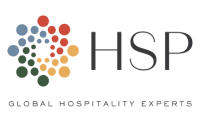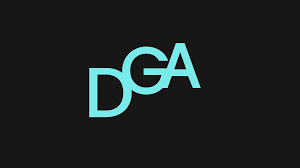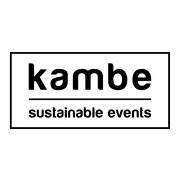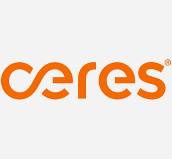Client Results
Teams empowered. Leaders confident. Companies becoming fluent.
Real outcomes from UK businesses I work with across hospitality, retail, professional services, property development, green tech, event management, and education.
The Opportunity
Real data on AI adoption and productivity potential for UK businesses.
Client case studies
Real outcomes from UK businesses across hospitality, retail, professional services, property development, green tech, event management, and education.

The situation
Leadership was asking: "How does AI change our consulting approach? What should we be telling clients?" The team needed clarity, shared language, and practical confidence.
What I did
Leadership session on strategy and principles. Then an immersive day with the full team—exploring real workflows, building practical AI tools, designing how they'd talk about AI to clients.
The outcome
Leadership aligned on a thoughtful approach. Team equipped with genuine fluency and practical skills. A shared understanding of AI's potential and limitations.
"Nathan helped us develop a shared understanding. Practical, human, and we have the foundation to keep learning."

The situation
A luxury brand needs to stay ahead, but can't compromise on the brand values that make them trusted. How do you introduce AI in a way that strengthens—not undermines—the customer experience?
What I did
Leadership alignment on principles and strategy. Then hands-on workshops with both executives and store teams. We worked on real situations: customer service, content, inventory, engagement.
The outcome
A team that understands AI thoughtfully—that sees it as a way to enhance their work whilst staying true to their values. Genuine fluency and shared language.
"Clear, grounded, human. You understood our brand and helped us develop genuine capability."

The situation
Quantity surveyors live on specifications, cost analyses, and detailed reports. How do you unlock significant time every week without compromising standards or RICS requirements?
What I did
Immersive workshops with QS directors and delivery teams. We worked on specification templates, cost analysis frameworks, and report structures. Built prompting strategies for their discipline-specific language.
The outcome
A team that genuinely understands how to work with AI in their professional context. They know both the potential applications and the limitations—empowered to adopt AI responsibly.
"We understand how AI fits our discipline now. The team has the confidence to keep learning and experimenting."

The situation
Property developers juggle planning submissions, cost analysis, feasibility reports, and stakeholder communications. How do you move faster without cutting corners in a regulated environment?
What I did
Strategic workshop with leadership on AI adoption principles. Then immersive sessions on real projects—planning documents, cost models, feasibility analysis. Practical workflows specific to property development.
The outcome
A team that understands AI thoughtfully—its potential and limitations in a regulated environment. The confidence to explore new ways of working with awareness of compliance.
"We have the knowledge to adopt AI responsibly. The team is empowered to continue exploring."
What teams consistently achieve
Across all companies I work with, the outcomes fall into three clear themes.
Leaders with genuine understanding
They grasp both AI's potential and its limitations. They've thought through the risks, ethics, and principles. They lead their companies thoughtfully, with the confidence that comes from real knowledge.
Teams empowered to experiment
Your people have the fluency to explore AI applications thoughtfully. They can evaluate what works, understand what doesn't, and continue discovering value as the technology evolves.
Companies building for the future
When your people genuinely understand AI—including its challenges and shortcomings—your company develops lasting capability. You don't chase trends. You build a foundation for continued learning.
Book a short call
In 20 to 30 minutes we will:
- ✓ Understand where you are with AI.
- ✓ Identify a few high value opportunities.
- ✓ Decide whether a workshop or programme is a good fit.


